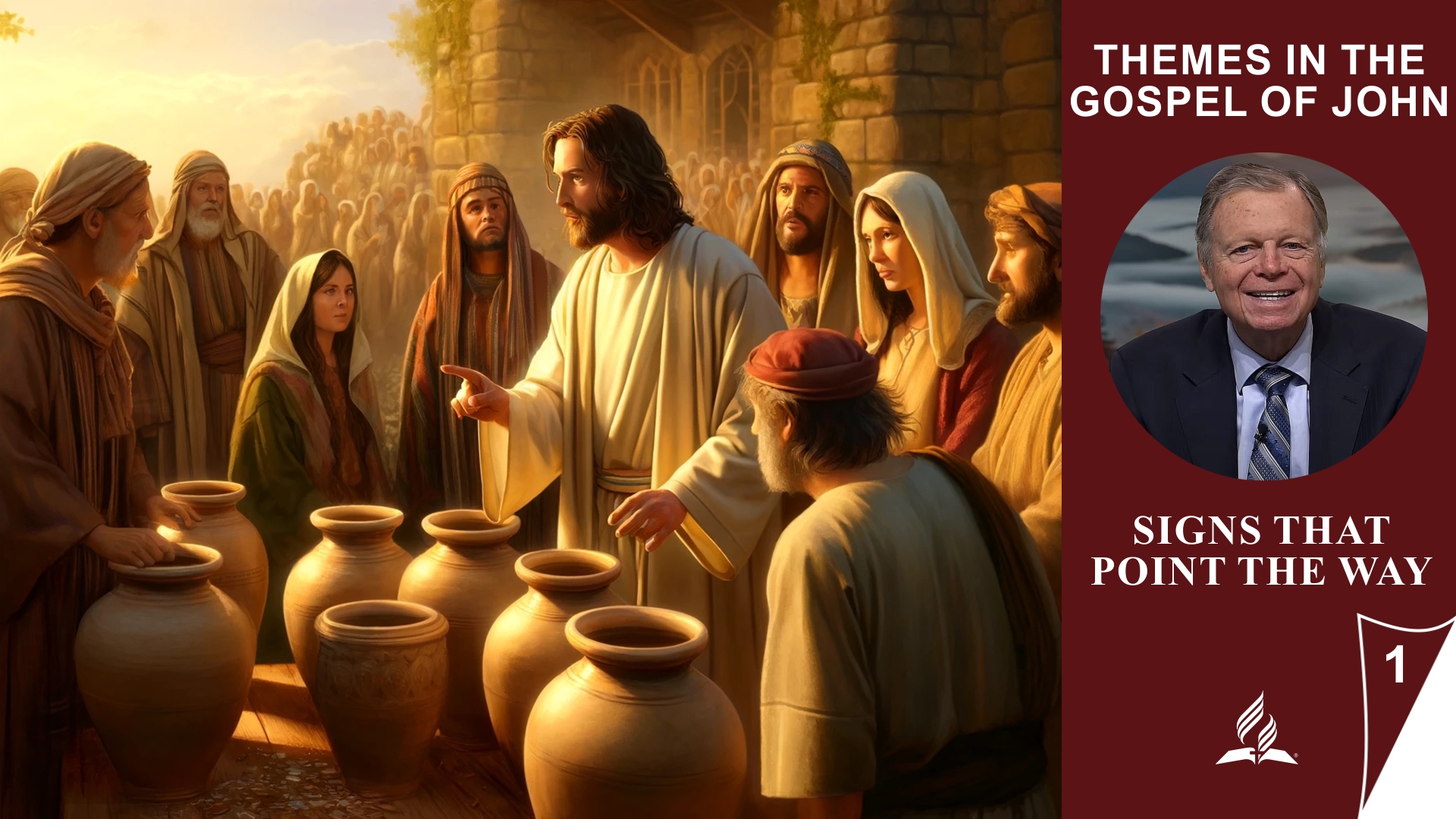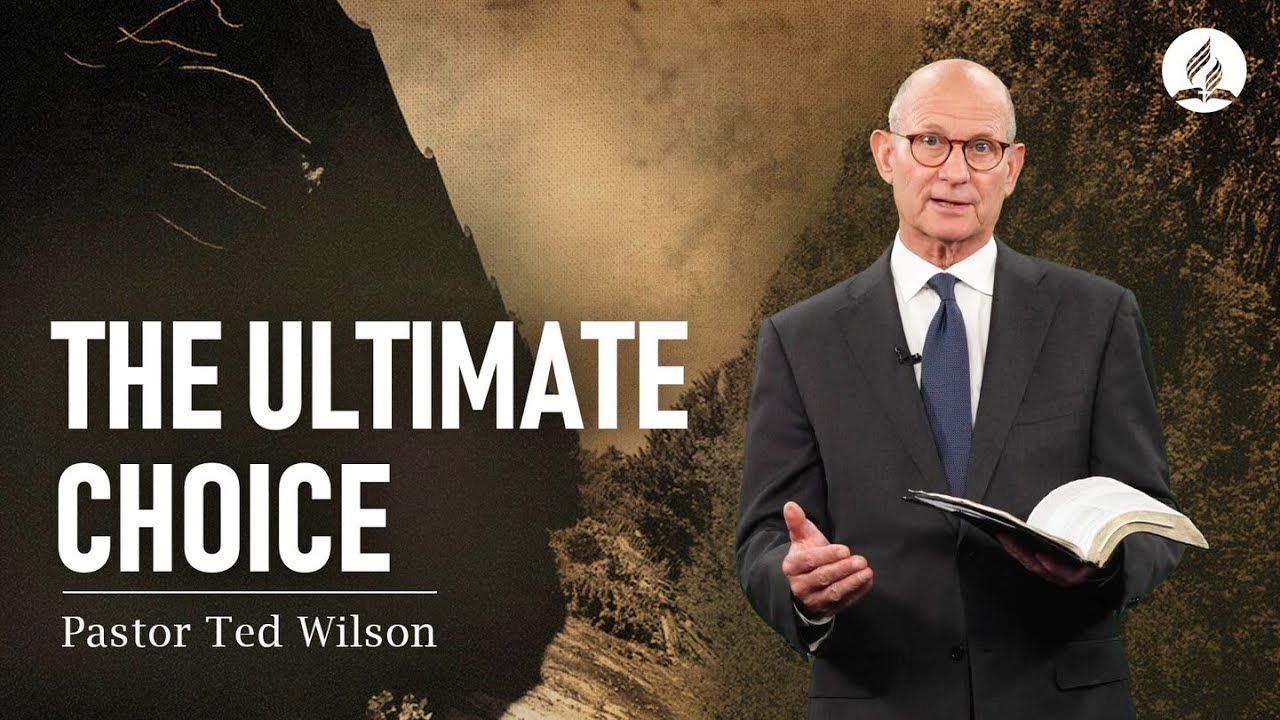September 29, 2024
DAILY BIBLE READING – Luke Chapter 17
1 Then said he unto the disciples, It is impossible but that offences will come: but woe unto him, through whom they come!
2 It were better for him that a millstone were hanged about his neck, and he cast into the sea, than that he should offend one of these little ones.
3 Take heed to yourselves: If thy brother trespass against thee, rebuke him; and if he repent, forgive him.
4 And if he trespass against thee seven times in a day, and seven times in a day turn again to thee, saying, I repent; thou shalt forgive him.
5 And the apostles said unto the Lord, Increase our faith.
6 And the Lord said, If ye had faith as a grain of mustard seed, ye might say unto this sycamine tree, Be thou plucked up by the root, and be thou planted in the sea; and it should obey you.
7 But which of you, having a servant plowing or feeding cattle, will say unto him by and by, when he is come from the field, Go and sit down to meat?
8 And will not rather say unto him, Make ready wherewith I may sup, and gird thyself, and serve me, till I have eaten and drunken; and afterward thou shalt eat and drink?
9 Doth he thank that servant because he did the things that were commanded him? I trow not.
10 So likewise ye, when ye shall have done all those things which are commanded you, say, We are unprofitable servants: we have done that which was our duty to do.
11 And it came to pass, as he went to Jerusalem, that he passed through the midst of Samaria and Galilee.
12 And as he entered into a certain village, there met him ten men that were lepers, which stood afar off:
13 And they lifted up their voices, and said, Jesus, Master, have mercy on us.
14 And when he saw them, he said unto them, Go shew yourselves unto the priests. And it came to pass, that, as they went, they were cleansed.
15 And one of them, when he saw that he was healed, turned back, and with a loud voice glorified God,
16 And fell down on his face at his feet, giving him thanks: and he was a Samaritan.
17 And Jesus answering said, Were there not ten cleansed? but where are the nine?
18 There are not found that returned to give glory to God, save this stranger.
19 And he said unto him, Arise, go thy way: thy faith hath made thee whole.
20 And when he was demanded of the Pharisees, when the kingdom of God should come, he answered them and said, The kingdom of God cometh not with observation:
21 Neither shall they say, Lo here! or, lo there! for, behold, the kingdom of God is within you.
22 And he said unto the disciples, The days will come, when ye shall desire to see one of the days of the Son of man, and ye shall not see it.
23 And they shall say to you, See here; or, see there: go not after them, nor follow them.
24 For as the lightning, that lighteneth out of the one part under heaven, shineth unto the other part under heaven; so shall also the Son of man be in his day.
25 But first must he suffer many things, and be rejected of this generation.
26 And as it was in the days of Noe, so shall it be also in the days of the Son of man.
27 They did eat, they drank, they married wives, they were given in marriage, until the day that Noah entered into the ark, and the flood came, and destroyed them all.
28 Likewise also as it was in the days of Lot; they did eat, they drank, they bought, they sold, they planted, they builded;
29 But the same day that Lot went out of Sodom it rained fire and brimstone from heaven, and destroyed them all.
30 Even thus shall it be in the day when the Son of man is revealed.
31 In that day, he which shall be upon the housetop, and his stuff in the house, let him not come down to take it away: and he that is in the field, let him likewise not return back.
32 Remember Lot’s wife.
33 Whosoever shall seek to save his life shall lose it; and whosoever shall lose his life shall preserve it.
34 I tell you, in that night there shall be two men in one bed; the one shall be taken, and the other shall be left.
35 Two women shall be grinding together; the one shall be taken, and the other left.
36 Two men shall be in the field; the one shall be taken, and the other left.
37 And they answered and said unto him, Where, Lord? And he said unto them, Wheresoever the body is, thither will the eagles be gathered together.
King James Version. Public Domain
Commentary
Introduction:
Luke 17 offers a variety of teachings from Jesus to His disciples that address important topics such as forgiveness, faith, humility, gratitude, and the coming of the Kingdom of God. The chapter deals with both everyday challenges of the Christian life and the serious warning of the impending judgment, as well as the hope for the Kingdom of God. Jesus’ words are a blend of instructions for living in the present and prophetic insights into the future.
Commentary:
The chapter begins with a warning against being led into evil and the urgency of forgiveness. Jesus emphasizes that temptations are inevitable, but the behavior of those who cause others to stumble has serious consequences. It highlights the importance of forgiving one another, even when offenses are repeated, placing mercy at the center of Christian life. The section on the power of faith conveys that even the smallest amount of faith can have remarkable effects, while the parable of the servant reminds us that humility and fulfilling one’s duties should be natural for Jesus’ followers.
The miracle of the healing of the ten lepers underscores the importance of gratitude, as only one healed Samaritan returns to Jesus to give thanks to God. This episode points to God’s universal grace that reaches everyone, but also to the fact that only a few show full recognition and gratitude.
The final section, which deals with the coming of the Kingdom of God, emphasizes that this kingdom does not come with visible signs but is “within” the believers. Jesus warns His disciples about false prophets and explains that the end will come unexpectedly and suddenly, similar to the times of Noah and Lot, when people were caught by surprise by judgment in the midst of their daily activities.
Summary:
In Luke 17, Jesus teaches His disciples fundamental principles of the Christian life such as forgiveness, humility, and faith. He warns of the dangers of being led into evil and calls for relentless forgiveness. Through the example of the healing of the lepers, He reminds us of the importance of gratitude. Finally, He provides prophetic insights into the coming of the Kingdom of God, emphasizing that there will be no external signs but that it is present in the hearts of believers. The Day of the Lord will come unexpectedly, and therefore Jesus urges vigilance and readiness.
![]()

WEEKLY SPIRIT OF PROPHECY READING – Ellen White | The Desire of Ages
Chapter 66—Controversy
This chapter is based on Matthew 22:15-46; Mark 12:13-40; Luke 20:20-47
Read online here
Commentary
Introduction:
Chapter 66 describes the increasing confrontation between Jesus and the religious leaders of His time, based on the accounts in Matthew 22, Mark 12, and Luke 20. These confrontations illustrate the attempts by the Pharisees, Herodians, and Sadducees to embarrass and trap Jesus through cunning questions. Jesus meets these challenges with wisdom and authority and lays out fundamental principles for the relationship between humans and God and with secular authority.
Commentary:
In this chapter, the Pharisees and their allies attempt to trap Jesus with a question about tax obligations to the Roman emperor. Jesus exposes their hypocrisy and provides a profound answer: “Render to Caesar the things that are Caesar’s, and to God the things that are God’s.” He separates worldly duties from divine ones without diminishing loyalty to God. This demonstrates the duality of a believer’s responsibilities in the world.
Subsequently, the Sadducees attack by posing a question about the resurrection, which they themselves deny. Jesus’ response highlights the spiritual nature of eternal life and refutes their materialistic viewpoint. He emphasizes that different principles apply in the Kingdom of God than in earthly existence. The dispute clarifies the difference between outward ritual and true spiritual understanding.
Finally, a scribe asks Jesus a question about the greatest commandment in the law. Jesus summarizes God’s commandments into two: love for God and love for neighbor. This is the essence of the divine commandments, showing that all commandments are based on love. This statement highlights the inner core of the law and emphasizes that obedience can only truly be fulfilled through love.
Summary:
Chapter 66 depicts the conflicts between Jesus and the religious leaders who tried to bring Him down with deceitful questions. Jesus thwarts their plans with clear, wise answers that reveal deeper truths: the balance between secular and divine authority, the reality of the resurrection, and the essence of the divine commandments rooted in love for God and neighbor. At the end of these confrontations, the religious leaders are left speechless, while Jesus’ teachings continue to testify to truth and clarity.

WEEKLY SPIRIT OF PROPHECY READING – Ellen White | The Desire of Ages
Chapter 67—Woes on the Pharisees
This chapter is based on Matthew 23; Mark 12:41-44; Luke 20:45-47; Luke 21:1-4.
Read online here
Commentary
Introduction:
Chapter 67 describes Jesus’ final day, during which He teaches in the temple and delivers a powerful condemnation of the hypocrisy and sanctimony of the religious leaders. Jesus speaks bold words, denouncing the Pharisees and scribes for their false, selfish way of life in faith while simultaneously praising humility and true piety. The crowd observing Him is moved by His words, while the religious leaders are exposed and humiliated.
Commentary:
Jesus’ sharp words against the Pharisees and scribes emphasize their hypocrisy, abuse of power, and selfish motives. Although they appear outwardly pious and emphasize religious duties, they do not adhere to these rules themselves. Jesus condemns their love for titles, honors, and external recognition, highlighting true piety, which is demonstrated through humility, mercy, and service.
The episode of the poor widow who throws her last coins into the temple underscores the importance of selfless sacrifice. While the rich give out of their abundance, the widow gives all she has. This shows that God does not evaluate the material value of a sacrifice but the heart and intention behind it.
At the end, Jesus warns of the spiritual decline of the religious leadership, which will lead to the destruction of Jerusalem. His lament over Jerusalem reflects God’s deep sorrow over the obstinacy of His people, who reject His prophets and ultimately His Messiah.
Summary:
Chapter 67 reveals Jesus’ sharp criticism of the religious leaders of His time. He condemns their hypocrisy and abuse of power, making it clear that true greatness lies in serving and humility. The story of the poor widow demonstrates that God values the heart and willingness to sacrifice of His followers, while Jesus prophesies the impending judgment on Jerusalem. This chapter is a poignant call to inner repentance, genuine piety, and the fulfillment of God’s commandments with love and mercy.
Source: https://fulfilleddesire.net/29-09-2024-luke-chapter-17-believe-his-prophets/






